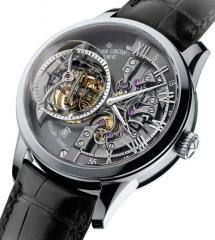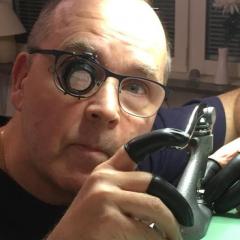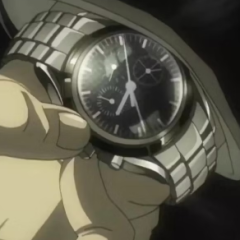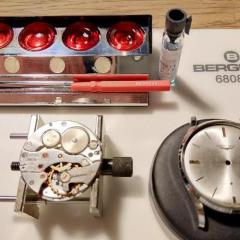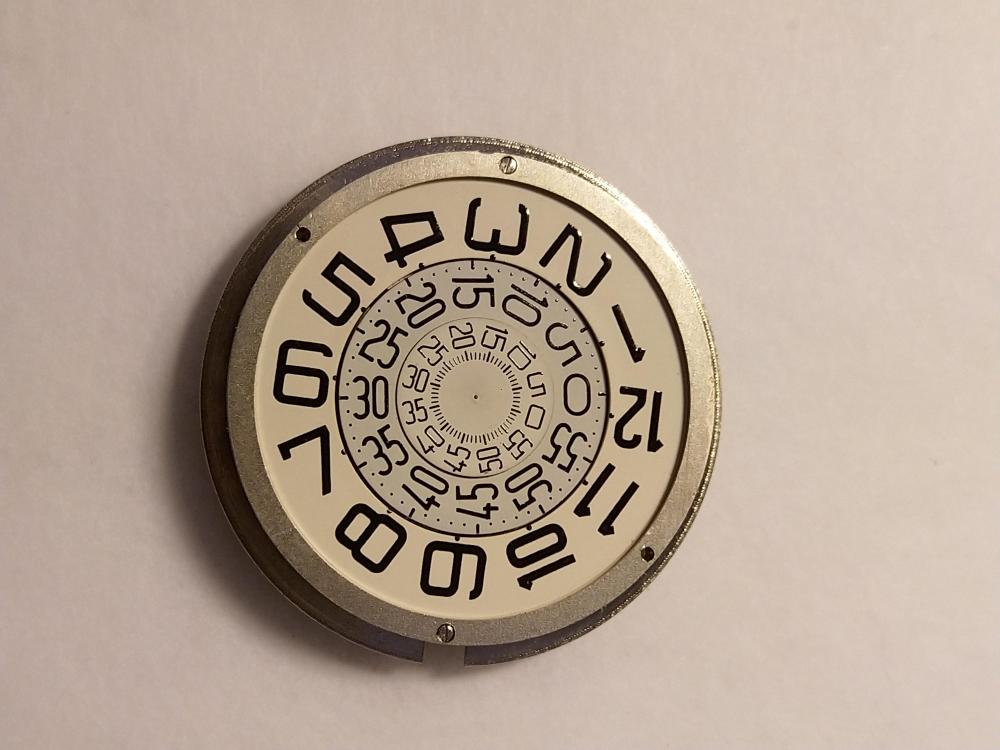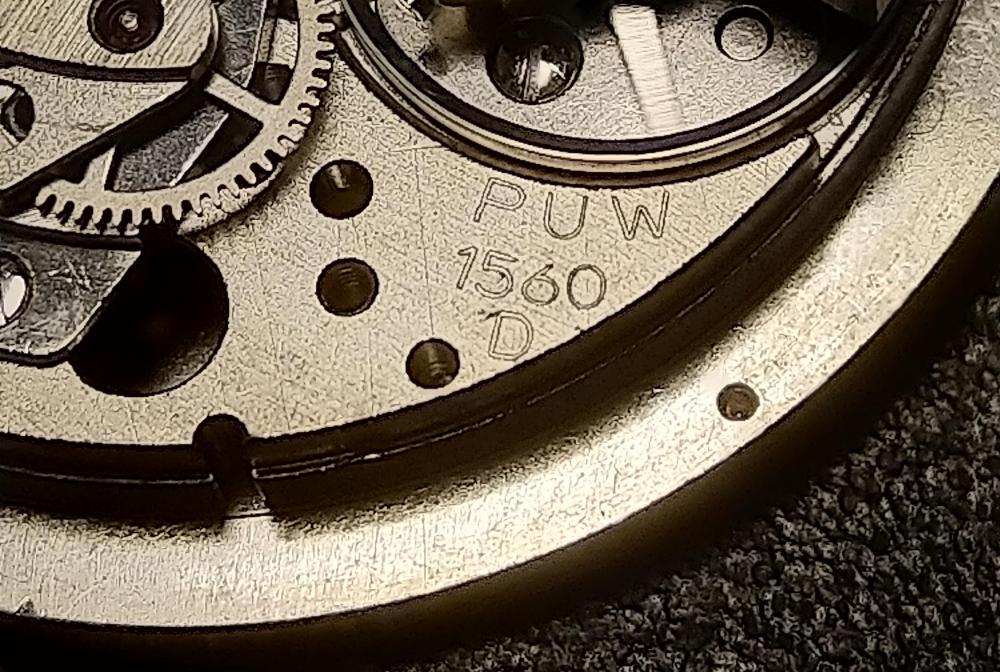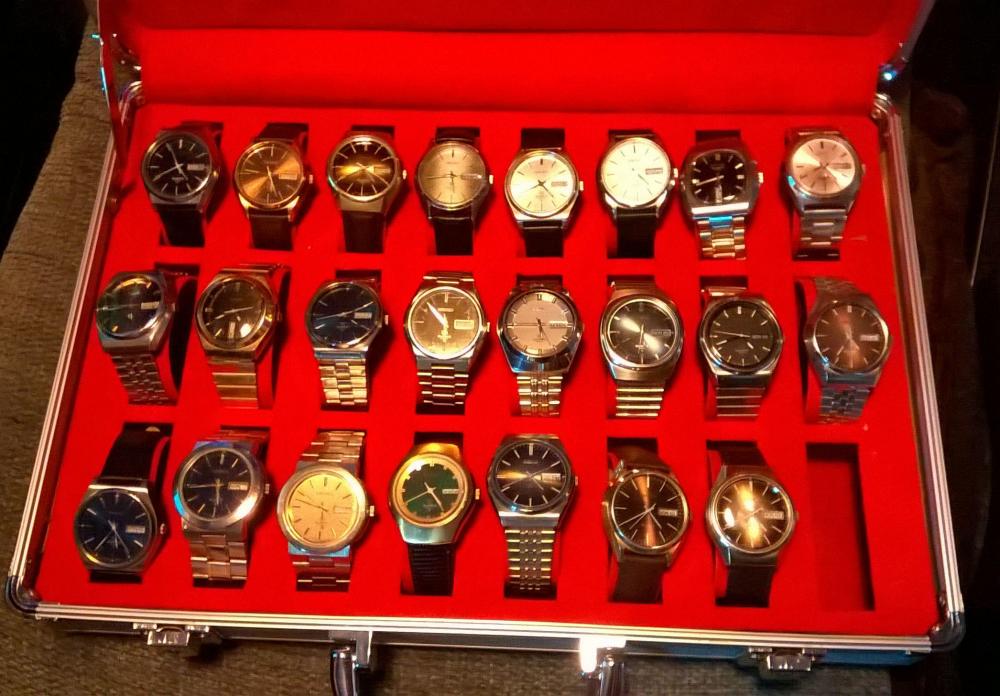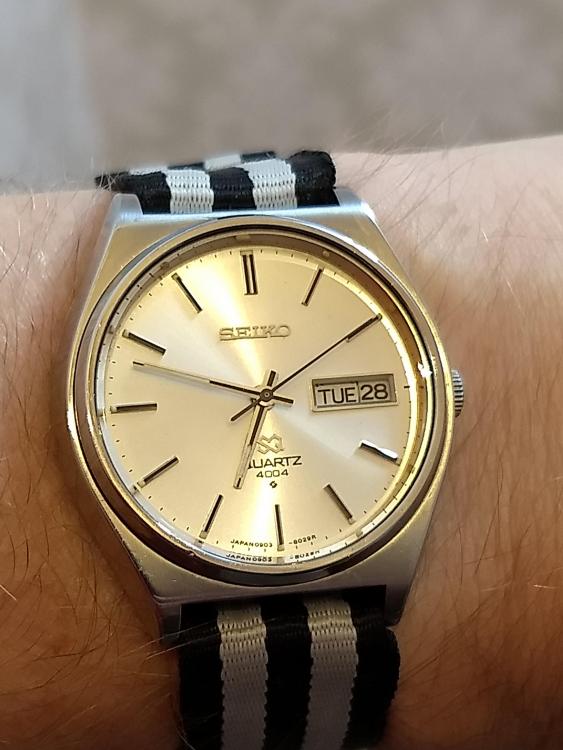Leaderboard
Popular Content
Showing content with the highest reputation on 08/23/20 in all areas
-
So I'm looking to get certification as a professional watchmaker, looking for advice from anyone who already is or knows about this subject. I've been working assembling watches for the past year. I'm quite familiar with diagnosing problems, replacing parts and the watch assembly process. My experience of servicing movements is extremely limited but I'm familiar with the process and confident to do so. Should I just continue my working experience and try to find movements to practice servicing or is it a must to have a qualification to seriously pursue this as a career?1 point
-
I think you’ll be fine with the thread lock. You’ll still be able to punch it out later.1 point
-
I don’t find any questions ignorant I just assume everyone is on this site to learn just like me. There is nothing digital about these 70’s watches in the sense there would be some electronics working with some binary logics. The digital is just a play with words which refers to the fact it lac the ordinary hands to show the time. Instead the disks will in a snappy way show the time with the hour disk and the minutes disc. There were some versions with a second’s disc like the one in the picture which somehow took the digital illusion away in a sense since the seconds is “floating”. But these movements always are stamped with a D which indicates they are prepared for this disc style time visualization. The disc under the hood this is one I'm working on now. The caliber with a D added.1 point
-
Thank you for your introduction and welcome to this friendly forum. I can't write or read Italian, so English please.1 point
-
Beside copies they developed a lot of own calibers with some complications, like skeletonized, open hart, lunar phases and full (not perpetual) calendar. These appeal to their domestic market and in some measure to international fashion watches brands. You can see pretty much the full range on Cousins.1 point
-
I was pretty good! I could do the Atom Smasher! But this was pre-Youtube days, a year later I understood I was a better watchmaker than yo-yoer. Still impresses the kids though.1 point
-
I got a totally diferent clue from Nickelsilver's story, him given something to do instead of yo yo ing isn't neccessarily good for all, I would have been better off had I built my career on yo yo ing than nuclear engineering, thats for sure.1 point
-
1 point
-
1 point
-
Thanks John! Very well written PDF with lots of info I haven't come across before. BTW, for those of you who live in the Scandinavian countries you may want to consider www.urmakarskolan.se, a 3000-hour WOSTEP program. The school accepts students resident in Sweden, Denmark, Norway, Finland, and Island. If I had the possibility I wouldn't hesitate to apply, but unfortunately it would simply be too cumbersome for my wife, kids, and myself as it would be a 6 hour commute by car.1 point
-
I found you a few links you can do some reading. Unfortunately no simple answers here? A lot of it depends upon what you want to do. For instance you're working on vintage American Watches a certificate is a waste of time it won't help you with anything. On the other hand if you want to do modern watches Want to get spare parts you're not going to get the spare parts unless you have a certificate. But even that's not clear-cut some of the companies will still require you to take their class with their test and get a certain score or else. Oh and for spare parts even if you complete the test and all of that is still need to buy a heck of a lot of expensive tools because expensive tools indicate that your qualified professional person. But If you just want to walk in and take a exam except you can't walk in you have to look at the schedule when the exams are given I believe both the BHI and AWCI have exams you could take. Then the other two lengths wostep and sawta These are basically schools and if you want to complete their tests and have one other certificates you really should take their classes. http://www.wostep.ch/en https://www.awci.com/ https://bhi.co.uk/ http://www.sawtacertification.org/ Then we have things like this a wostep school with a one year program versus the normal two-year program. Also the programs interesting in that is free tuition free the only need to buy a few tools for about $3000. That tells a little about the skill set you going to learn and become a technician and it does mention something about swapping movements I'm not sure is a technician with your authorized actually disassemble a movement. http://www.nghayekwatchmakingschool.org/The-Schools/miami/Schooling-Programm.aspx1 point
-
Hi Tom, I’ve been toying with a similar dilemma. I work in a well paid but highly stressful job, though I’m moving towards the latter end of my career. My escapism from the stresses of the day job is to restore vintage watches, and I’ve been practicing for about three years now. I’ve taken Level 1 and 2 of Mark’s watch repair courses, and this has helped improve my techniques and skills confidence. I’m onto the 3rd level now. I think this is a great place to start and will provide certificates of achievement (a measurement of your knowledge). But some time ago I reached out to Mark regarding taking the British Horological Institute (BHI) courses and professional exams, and considering whether to do the distance learning course or the hands-on workshop tutor led course. He highly recommended the hands-on course, and since for me, the BHI course centre (Upton Hall) is less than an hour away, it makes sense all round - except for now of course, while all onsite courses are cancelled due to the pandemic! I joined the BHI as an associate member two years ago - worth it for the horological journals they publish monthly. So in my opinion, to provide assurance to your future customers, I would recommend you get professionally qualified. I sell my successful projects on ebay for next to no profit, and I’ve had a few people contact me to ask whether I’d repair/service their watches. I have always declined because I describe myself as an enthusiastic hobbyist, and nothing more. I take on some more advanced projects now that I have built my confidence and tools set up, including escapement work (refitting balance staffs etc.). Would love to get a lathe to learn those skills too. Obviously, it depends which part of the world you live in as I know there are equally good organisations to get professionally trained in the US for example. As mentioned, the BHI does distance learning courses for students worldwide as another option to get professionally qualified. To wrap up this lengthy reply, I guess we amateurs need to ask ourselves your question from a customer’s perspective. If I had a prestige sports car worth £50,000, would I take it to “Mick’s Motors” who has a back street garage where he practices motor repairs at the weekends and is unqualified or should I take it to the main dealers who are trained (hopefully!) and guarantee their work? The same would apply to an expensive/treasured timepiece! Hope that helps? It would be interesting to hear from those who are qualified for an insight into whether they have found it a rewarding career and whether it can be very stressful at times. Pros and cons and insurance advice to protect against inadvertent damage (it has to happen to professionals right?). Sent from my iPad using Tapatalk1 point
-
I'm just an enthusiast but I'll share my thoughts on this anyway. If you're looking for employment I believe a certificate would be very helpful if not a requirement. I haven't researched the topic too much but I think Googling "wostep watchmaking school" could provide some interesting reading. If want to start your own business it will of course be more a matter of building customer relations and trust in your own work. That will of course be very hard work and time consuming and perhaps something to pursue after a few years as an employee, which will also provide valuable contacts in the business. However, be aware that as an independent watchmaker it will sometimes be very difficult and sometimes even impossible to source spare parts as the brands for the last 35 years have been increasingly restricting the supply of spare parts with the goal of killing off the independent repair trade. It's a very sad situation. Anyway, best of luck with your endeavours becoming a watchmaker, and remember, "where there is a will there is a way"!1 point
-
1 point
-
My watch of the day, just finished this as a present for my daughter's 16th this Friday. Seiko 4004 Quartz from mid 70s. The lengths I have gone to with this watch, I even had to find a case back for it as the one it came with was from another watch and stuck on with double sided tape. She will love the retro look.1 point

